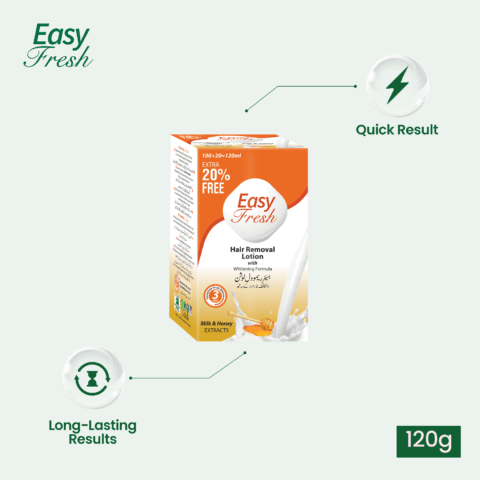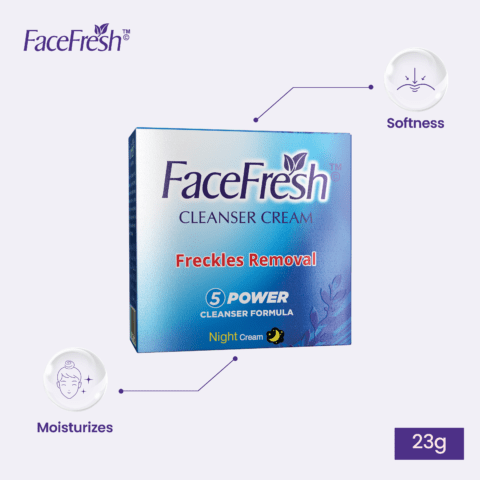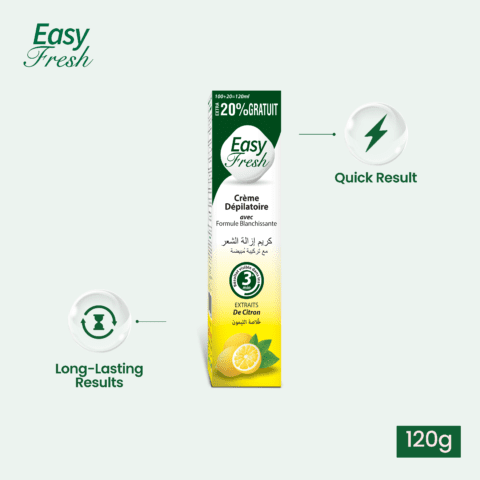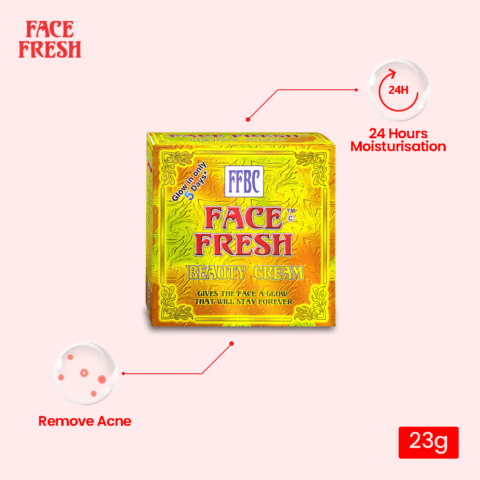If you’ve ever battled with acne, you know how frustrating and demoralizing it can be. Those pesky pimples have a knack for showing up at the most inconvenient times, and finding effective solutions can often feel like a game of trial and error. While there are many skincare products and medications available, sometimes turning to nature’s remedies can provide a gentle yet powerful approach to treating acne. In this article, we’ll explore the world of acne herbs – natural alternatives that may just help you achieve clearer, healthier skin.
Important Points
- Introduction
- Understanding Acne: Causes and Types
- The Benefits of Herbal Remedies
- Top Acne-Fighting Herbs
- 4.1. Tea Tree Oil: Nature’s Antiseptic
- 4.2. Lavender: Calming and Cleansing
- 4.3. Aloe Vera: Soothing and Healing
- 4.4. Neem: Traditional Ayurvedic Wonder
- 4.5. Witch Hazel: Astringent and Anti-Inflammatory
- Incorporating Herbs into Your Skincare Routine
- Dietary Considerations for Clear Skin
- Lifestyle Tips for Managing Acne
- Understanding Burstiness and Perplexity in Skincare
- Conclusion
Introduction
Acne, a common skin condition, affects people of all ages. From teenagers battling hormonal changes to adults dealing with stress-related breakouts, finding an effective solution is essential. While conventional treatments can be harsh and may come with unwanted side effects, turning to acne herbs offers a more natural and holistic approach to managing the condition.
Understanding Acne: Causes and Types
Before delving into the world of herbal remedies, it’s crucial to understand what causes acne. Hormonal fluctuations, excess oil production, clogged pores, and bacteria are among the key culprits. Acne can manifest in various forms, such as whiteheads, blackheads, pustules, and cysts. Different types of acne require different approaches, making a comprehensive treatment plan essential.
The Benefits of Herbal Remedies
Herbs have been used for centuries in traditional medicine systems for their therapeutic properties. When it comes to treating acne, many herbs offer anti-inflammatory, antibacterial, and soothing benefits. Unlike harsh chemicals, these natural remedies work in harmony with your skin, helping to restore its balance and promote healing.
Top Acne-Fighting Herbs
4.1. Tea Tree Oil: Nature’s Antiseptic
Tea tree oil, derived from the leaves of the tea tree, is a potent natural antiseptic. It contains compounds that combat bacteria and reduce inflammation, making it an effective spot treatment for acne blemishes. Remember to dilute tea tree oil before applying it to your skin to avoid irritation.
4.2. Lavender: Calming and Cleansing
Lavender oil is renowned for its calming aroma, but it also possesses antiseptic and anti-inflammatory properties. Applying diluted lavender oil to acne-prone areas can help soothe irritation and promote healing.
4.3. Aloe Vera: Soothing and Healing
Aloe vera gel, extracted from the leaves of the aloe plant, is a natural wonder for soothing irritated skin. It’s rich in antioxidants and has anti-inflammatory properties that can aid in reducing redness and swelling associated with acne.
4.4. Neem: Traditional Ayurvedic Wonder
Neem has been a staple in Ayurvedic medicine for centuries due to its powerful antibacterial and antifungal properties. Using neem-infused products or applying neem oil can help control acne-causing bacteria and prevent further breakouts.
4.5. Witch Hazel: Astringent and Anti-Inflammatory
Witch hazel is a natural astringent that helps tighten pores and reduce excess oil production. It also has anti-inflammatory properties that can calm redness and irritation.
Incorporating Herbs into Your Skincare Routine
Now that we’ve explored some of the top acne-fighting herbs, let’s discuss how to incorporate them into your skincare routine. You can create your own herbal-infused toners, masks, or spot treatments using these ingredients. Always perform a patch test before using any new product on your face and consult with a dermatologist if you have any concerns.
Dietary Considerations for Clear Skin
While skincare products play a significant role in managing acne, your diet also plays a crucial part. Consuming a balanced diet rich in antioxidants, vitamins, and minerals can support skin health. Avoiding excessive sugar and processed foods may also help reduce inflammation and prevent breakouts.
Lifestyle Tips for Managing Acne
In addition to herbal remedies and a healthy diet, certain lifestyle changes can contribute to clearer skin. Managing stress through practices like meditation and exercise, getting enough sleep, and practicing good hygiene are all important factors in maintaining healthy skin.
Understanding Burstiness and Perplexity in Skincare
Burstiness refers to the sudden occurrence of multiple acne breakouts, often triggered by factors like hormonal fluctuations or excessive oil production. Perplexity, on the other hand, refers to the confusion and uncertainty that can arise when dealing with persistent acne. Herbal remedies can provide a burst of natural relief while addressing the perplexing nature of this skin condition.
Conclusion
Acne can be a challenging condition to navigate, but the power of nature’s remedies should not be underestimated. From the antibacterial properties of tea tree oil to the soothing effects of aloe vera, acne herbs offer a holistic approach to achieving clearer, healthier skin. By incorporating these natural remedies into your skincare routine and making positive lifestyle changes, you can take control of your acne and embrace the confidence that comes with a radiant complexion.
FAQs
- Can I use tea tree oil directly on my skin?
- It’s best to dilute tea tree oil with a carrier oil to avoid skin irritation.
- How often should I apply herbal remedies?
- The frequency of application depends on the herb and your skin’s sensitivity. Start with once a day and adjust as needed.
- Are there any dietary restrictions I should follow for acne-prone skin?
- Focus on a balanced diet with plenty of fruits, vegetables, and whole grains. Minimize consumption of sugary and processed foods.
- Can stress really affect my acne?
- Yes, stress can trigger hormonal changes that contribute to breakouts. Finding healthy ways to manage stress is beneficial for your skin.






Leave a comment
Your email address will not be published. Required fields are marked *